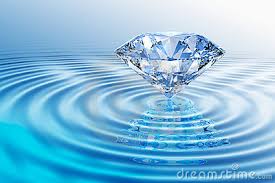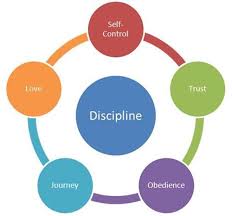What do we mean by “Value”? Today economics defines Value as being synonymous with “Price of a commodity”. Though there is a difference between the two words. In 1700 Adam Smith defined Value of a commodity as its “Value in use”, whereas price represents its “Value of Exchange”. This difference was illustrated by the famous theory of “Paradox of Value” also called “water-Diamond Paradox”.
Water which obviously has great value in use, has little value in exchange(i.e a lower price) and diamonds which are of little practical use but have a great value in exchange. This water-Diamond Paradox became a puzzle for the economists and they initially founded hard to reach at any conclusion.
One possible explanation that was given by Smith and Ricardo was that exchange value of goods are determined by the cost of producing that good. But that was not the solution for the Paradox, that they were actually looking for.
Now let’s try to solve and understand the paradox.
Economics defines economic goods on the basis of it Scarcity and Marginal Utility that a person derives from any good. Applying these two fundamental principles on any good we can actually estimate What Value does a good possess. Applying these fundamental on Water and Diamond we can try to solve the paradox.
Prices reflect both the Marginal evaluation that demanders place on goods and also the Marginal costs of providing the goods. Hence scarcity can simply define how readily a good is available to the demander . Since water is available in abundance it has both a low marginal value and also a low marginal cost of production. Whereas diamonds are scarce , so they have both a high marginal value and a high marginal cost of production. Also people derive more utility from having an extra diamond than water. Hence it solves the paradox.
But there are certain situations when this Paradox doesn’t hold true. For example a person is standing in the middle of a desert, carrying lots of diamonds but dying for water. In such a situation water is scarce for him and he is willing to exchange any amount of diamond he has with water. Because here he derives more utility or say more higher marginal utility from that extra unit of water and hence the Paradox doesn’t holds here.
At last what i conclude is that any commodity which is present in abundance holds lesser value than what is scarce. Be it any good not only Water and Diamond but any good like Air and Gold.





9 Comments. Leave new
A lot of hard work. keep it up.
Well explained
Nice article
Interesting one!
Gud one:)
Paradox of value is an important term.. Good work..!
Interesting, it was a good read..
nice topic !
the explaination is also very good 🙂
Good choice of topic